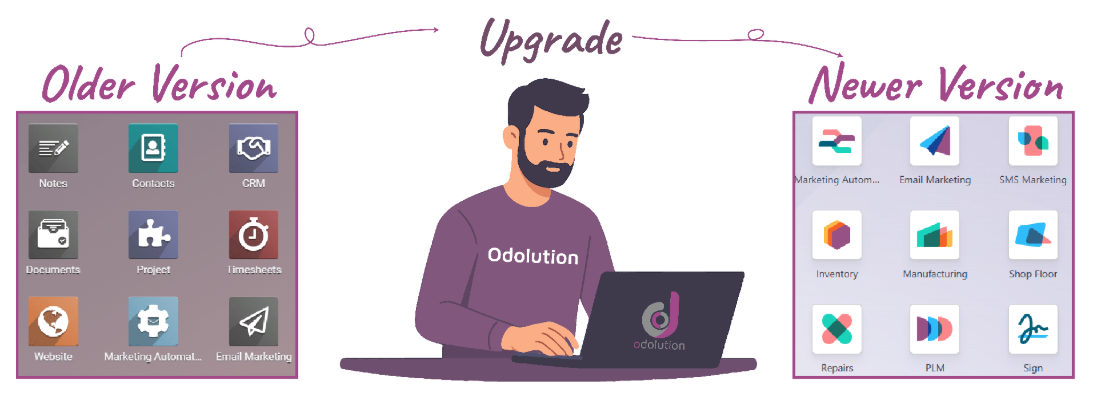In today’s fast-paced real estate industry, successful project delivery is no longer dependent solely on traditional methods or manual coordination. The complexity of real estate development involving multiple stakeholders, timelines, budgets, and legal requirements demands more than spreadsheets and in-person meetings. That’s where advanced project management software steps in.
By automating processes, improving collaboration, and offering data-driven insights, project management software is transforming how real estate developers plan, execute, and monitor projects. In this blog, we’ll explore how leveraging technology simplifies the real estate development lifecycle and why it’s becoming an essential tool for staying competitive.
The Challenges of Traditional Real Estate Development
Real estate development is inherently complex. Developers must juggle site selection, zoning laws, architectural planning, budgeting, financing, contractor coordination, compliance, and timelines. Often, communication gaps, manual errors, and lack of real-time data lead to costly delays or budget overruns.
Traditionally, managing all these components involved siloed systems paper documents, isolated spreadsheets, and phone calls. But as the scale of developments grows and client expectations rise, these outdated methods no longer meet the demand for efficiency and transparency.
Enter Project Management Software: A Game-Changer
Modern project management software for real estate development offers centralized control and full project visibility. Whether it’s a residential complex, commercial property, or mixed-use space, such software solutions provide integrated tools that simplify operations at every stage.
Key features typically include:
- Task and milestone tracking
- Budget management
- Team collaboration
- Document sharing and version control
- Timeline visualization (Gantt charts)
- Real-time reporting and analytics
- Integration with accounting tools
With everything managed from a single platform, developers can avoid duplication, reduce manual work, and ensure every stakeholder is on the same page.
How Project Management Software Simplifies Real Estate Development
- Streamlined Planning and Scheduling
Good planning is the cornerstone of successful real estate development. Project management tools provide intuitive interfaces to create schedules, assign tasks, and map out milestones. Gantt charts and calendar views give teams a visual timeline to track progress and make necessary adjustments on the fly.
This level of planning reduces uncertainties, minimizes miscommunication, and helps foresee potential bottlenecks before they escalate.
- Improved Collaboration Across Stakeholders
A typical real estate project involves architects, engineers, contractors, investors, legal experts, and property managers. When communication happens through email threads or calls, essential updates can be lost or delayed.
Advanced software platforms allow all stakeholders to work in sync. They can access updated documents, comment on tasks, request approvals, and get notified of changes in real-time. This fosters a collaborative culture that drives faster decisions and improved project outcomes.
- Real-Time Budget Tracking and Cost Control
Budget overruns are a common pain point in real estate. Project management software allows you to track every dollar, from land acquisition to material costs and labor expenses. You can set budget thresholds, get alerts for overspending, and create detailed cost breakdowns.
Integration with Real Estate Development Accounting Software provides even more precision, enabling seamless syncing of financial data. With real-time insights, developers can forecast expenditures accurately, avoid financial surprises, and make strategic decisions confidently.
- Document Management and Compliance
Real estate projects generate massive amounts of paperwork blueprints, permits, contracts, invoices, and compliance documentation. Managing these manually risks version errors, data loss, or non-compliance.
With built-in document management, project management software centralizes all files in one secure place. Role-based permissions ensure the right people access the right documents, while version control prevents outdated files from causing missteps. Audit trails also make it easier to meet compliance standards.
- Enhanced Risk Mitigation
Projects often face unforeseen risks such as regulatory changes, market fluctuations, and resource shortages. With the help of software analytics, developers can run risk assessments, simulate scenarios, and proactively adjust plans.
Real-time dashboards give a birds-eye view of all active and potential risks, helping teams respond with agility.
- Data-Driven Decision Making
One of the greatest benefits of project management software is the ability to turn data into actionable insights. Real-time reports on costs, timelines, labor, and task progress allow decision-makers to spot trends and evaluate performance.
When integrated with Commercial Property Management Software, the system can even forecast post-construction property performance and operational costs giving developers a complete lifecycle view from planning to management.
Integration with Other Essential Tools
The best project management systems integrate smoothly with other core business applications, including:
- Accounting platforms (like QuickBooks or custom Real Estate Development Accounting Software)
- Customer Relationship Management (CRM) systems
- Property Management Software
- Cloud storage services (Google Drive, Dropbox)
This integration streamlines the workflow by eliminating redundant data entry, reducing errors, and improving cross-functional collaboration.
Choosing the Right Software for Your Project
When selecting a project management solution for real estate development, consider the following:
- Scalability: Can the software support multiple or larger projects as your business grows?
- User-Friendliness: Is the interface intuitive for both tech-savvy and non-technical users?
- Customization: Can you tailor workflows, fields, and reports to match your development process?
- Integration Capabilities: Does it connect with your existing tools like Commercial Property Management Software or financial systems?
- Customer Support: Will you get timely assistance during onboarding and troubleshooting?
Final Thoughts
Technology is no longer optional in real estate development it’s essential. From managing complex timelines to tracking budgets and enhancing collaboration, advanced project management software empowers developers to take control of their projects with confidence and clarity.
As the industry continues to evolve, tools that integrate with systems like Commercial Property Management Software and Real Estate Development Accounting Software will be crucial in creating a seamless end-to-end development experience.
For real estate developers aiming to boost efficiency, reduce risk, and deliver successful projects on time and on budget, embracing modern project management software is the smartest move forward.





